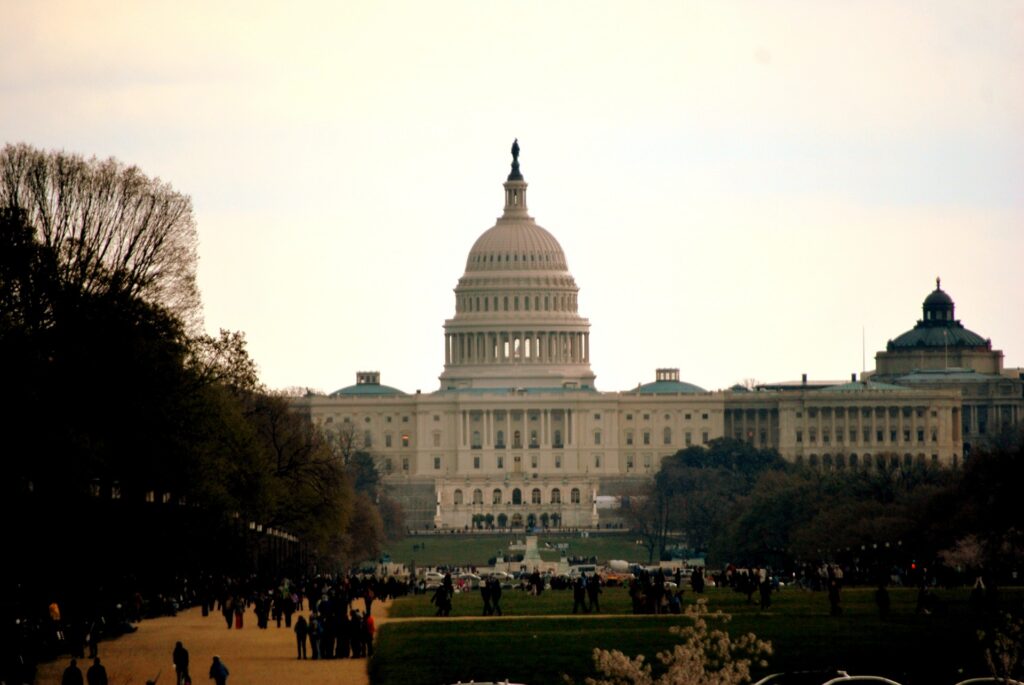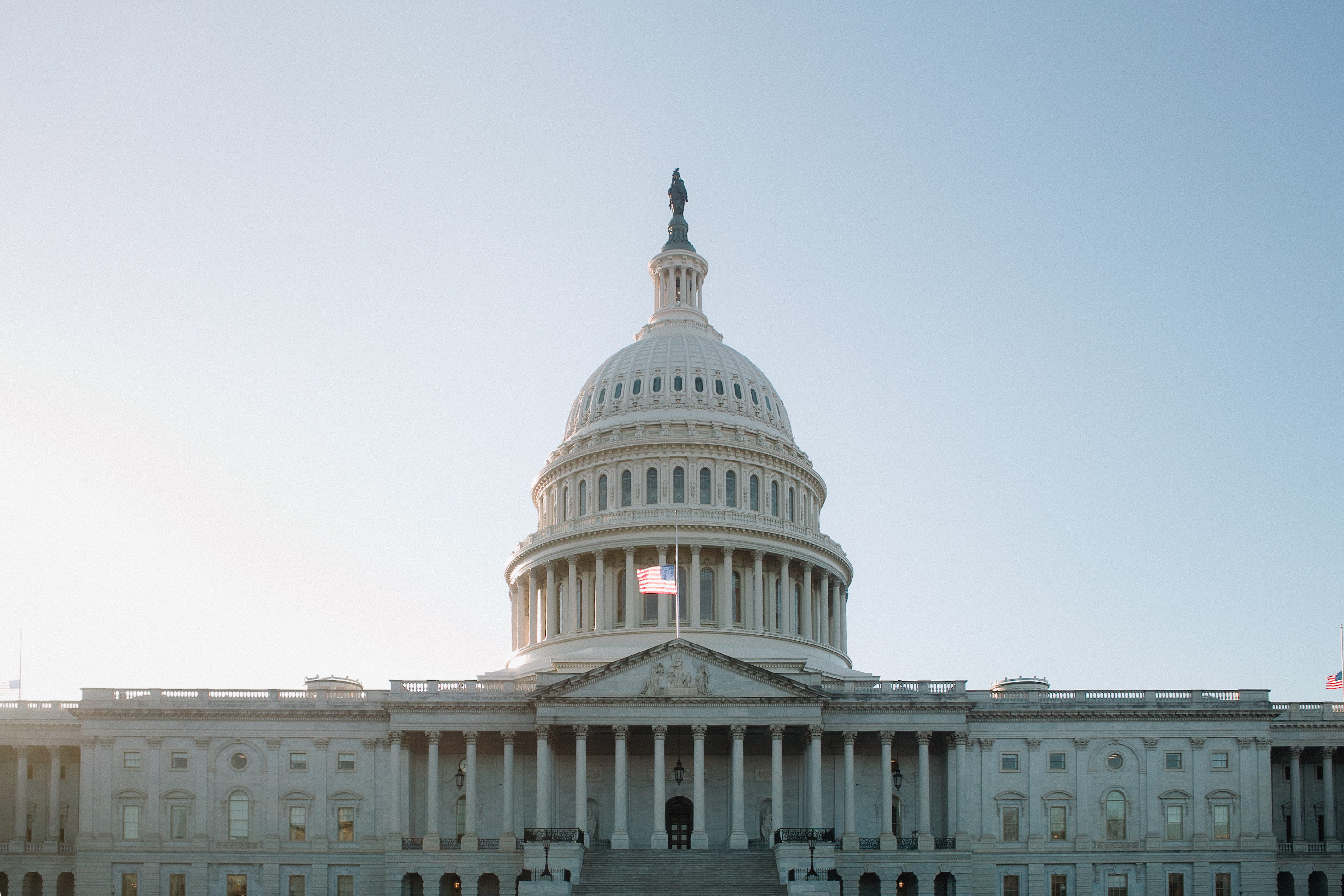Statehouse, BOSTON
STATE HOUSE, BOSTON, NOV. 2, 2017…..After a one-day delay, U.S. House Republicans are due Thursday to roll out their tax plan but U.S. Rep. Richard Neal, invoking Ronald Reagan, is trying to dash their hopes of swift and uncontroversial passage.
Neal, the dean of the Massachusetts Congressional delegation, is the ranking Democrat on the House Ways and Means Committee and will be the Democrats’ point person as the GOP tax plan wends its way through Congress.
After Ways and Means Chairman Kevin Brady of Texas postponed the unveiling of his tax plan from Wednesday until Thursday, Neal used a Republican icon to ask Brady to give Democrats more time to read the bill that “will fundamentally reorganize 100 percent of the United States economy.”
“You and your fellow Ways and Means Republicans often invoke President Reagan’s memory when you discuss fundamental tax reform. I would encourage you to look to the leadership example he and his Democratic colleagues in Congress set during the 1986 tax reform debate,” Neal wrote in a letter to Brady, referencing the 30 hearings of the full Ways and Means Committee, the 12 Ways and Means Committee subcommittee hearings, the 450 witnesses who testified on the 1986 plan and the 26 days of committee markup that went into the 1986 tax law’s drafting.
Brady has said that he wants to start markup of his tax bill as soon as Monday. But he pushed back the rollout of the bill because Republicans had not been able to settle on certain provisions of the plan in time, according to reports.
“Especially given your caucus’ inability to reach even internal agreement on the proposal currently under discussion, it would be reckless in the extreme to rush this process through the committee next week,” Neal wrote. “As I have said both publicly and privately: let’s slow down and get this right — the stakes are too high to bow to self-imposed deadlines and procedural gimmickry. It is better to do this right than to do it fast.”
The Wall Street Journal reported Thursday morning that the GOP tax plan is expected to include a permanent cut to the corporate tax rate, will make no changes to the individual mandate to purchase health insurance and will make no major changes to 401(k) retirement plans. The WSJ said the most “politically sensitive” issue still under discussion among Republicans as of Thursday morning was curbing the state and local tax deduction.
“Wouldn’t it be great to Repeal the very unfair and unpopular Individual Mandate in ObamaCare and use those savings for further Tax Cuts…..” President Donald Trump tweeted Wednesday. “….for the Middle Class. The House and Senate should consider ASAP as the process of final approval moves along. Push Biggest Tax Cuts EVER.”
In late April, Trump released the skeleton of his plan to revamp the federal tax code, which the White House referred to as “the most significant tax reform legislation since 1986 and one of the biggest tax cuts in the American history.”
The corporate tax rate would fall from 35 percent to 15 percent under the Trump plan. The plan also repeals the 3.8 percent investment surtax from the Affordable Care Act.
Gone would be the estate tax and the alternative minimum tax, and the plan would eliminate all tax deductions for individuals other than those for mortgage interest and charitable contributions.
Neal on Wednesday issued a statement opposing a rumored cap on how much money individuals are able to contribute to their 401(k) plans on a pre-tax basis.
“This cap scheme would harm Americans’ ability to prepare for retirement by providing less of an incentive to save and decreasing small business’ incentive to sponsor retirement plans,” Neal said. “Taxing workers retirement savings now with a promise of tax savings in 40 years only worsens our nation’s retirement crisis.”
Trump so far has not been able to get his legislative agenda through the Republican-controlled Congress but the White House has turned its focus now to tax reform. Efforts to repeal the ACA have been thwarted and talk that the president might propose a $1 trillion infrastructure plan never materialized.

